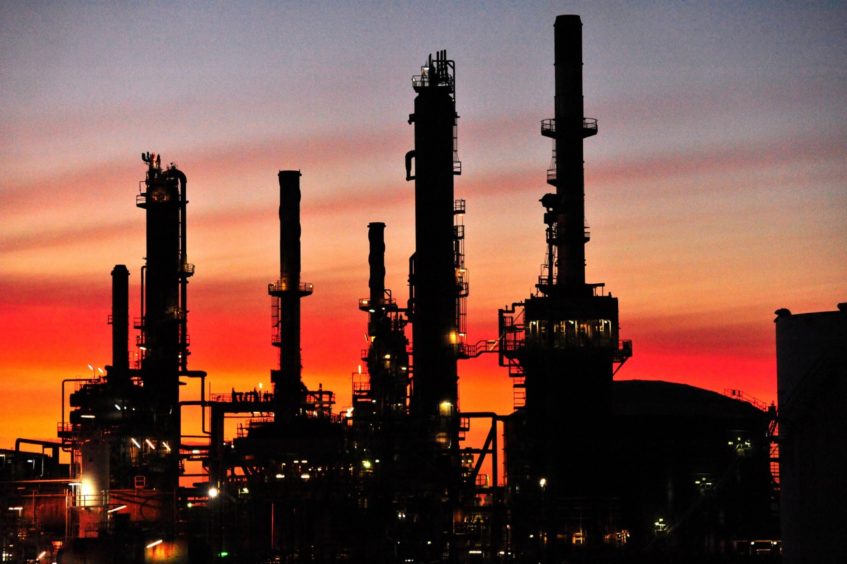
The Australian government has stepped in to rescue the country’s two remaining refineries with a A$2 billion ($1.6 billion) package it said will safeguard fuel security.
Ampol Ltd.’s Lytton facility and Viva Energy Group Ltd.’s Geelong plant will remain open until at least the middle of 2027 as part of the deal. Both had been threatened with closure after Australian refiners were hit hard by weaker demand due to Covid travel restrictions and tough competition from Asia. BP Plc and Exxon Mobil Corp. have already announced plans to shut their refineries.
Ampol shares rose 6% in Sydney trading to close at their highest in three months yesterday, while Viva Energy climbed 7% to its best level in nine months.
“This is a key plank of our plan to secure Australia’s recovery from the pandemic, and to prepare against any future crises,” Prime Minister Scott Morrison said in a statement.
A variable payment to the refineries, which recognises the fuel security benefits they provide, will be linked to refining margins and production levels. Payments will only kick in once the fuel margin drops below A$10.20 per barrel, and are capped at 1.8 cents per liter from A$7.30 a barrel and below.
The package also includes up to A$302 million to support refinery infrastructure upgrades to help speed the production of higher quality fuels, while the government will bring forward an industry-wide review of the petrol and diesel standards to 2021. Meanwhile, the refineries will be required to meet a minimum stockholding obligation in core fuels including petrol, jet and diesel.
“Recent Covid supply chain impacts and geopolitical tensions have highlighted the importance of maintaining local fuel and supply chain security, making any further losses of refining capability or manufacturing jobs politically unpalatable,” said Saul Kavonic, an energy analyst at Credit Suisse Group AG.
The government said its package would protect the jobs of 1,250 employees across the two refineries. Morrison said the government would introduce the package to parliament in coming weeks, with the fuel security payments planned to commence on July 1.
The structure of the payment “is not designed to underpin or support profits of Geelong, but rather to mitigate some of the downside risk of low refining margin cycles, to which Australian refineries are exposed outside of their control,” Scott Wyatt, Viva Energy’s chief executive officer, said in a statement.
Recommended for you
